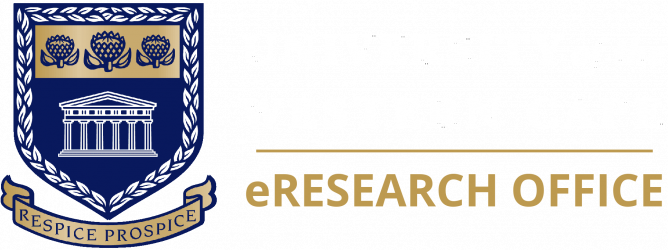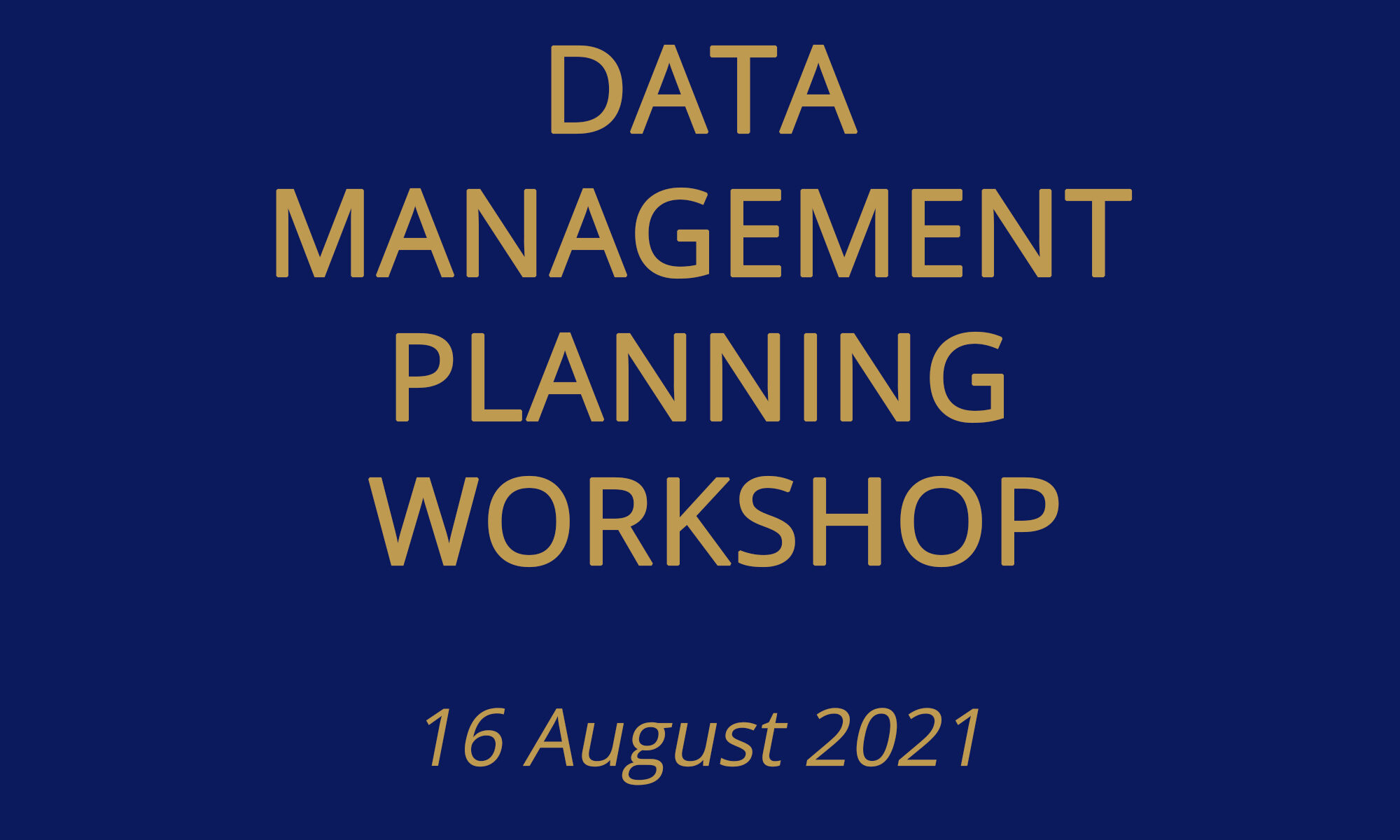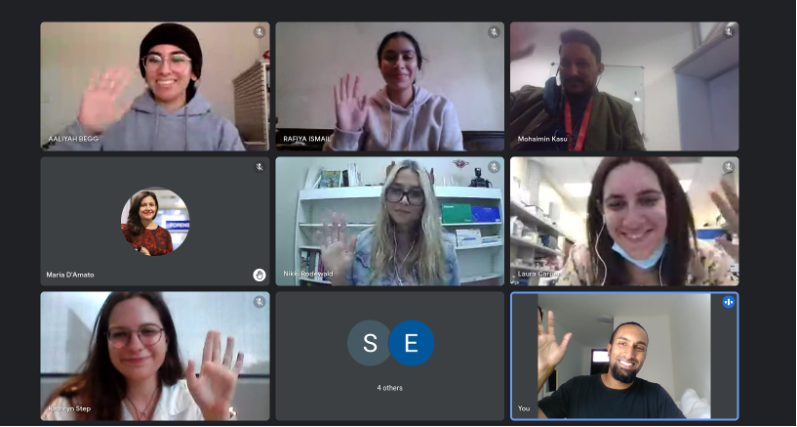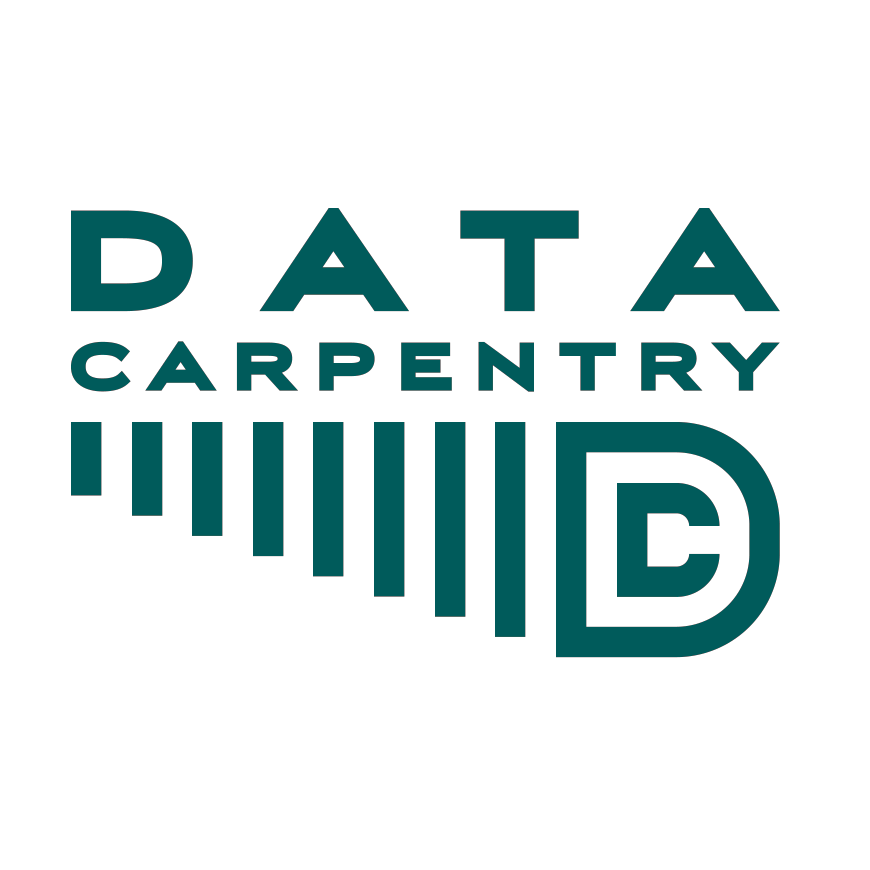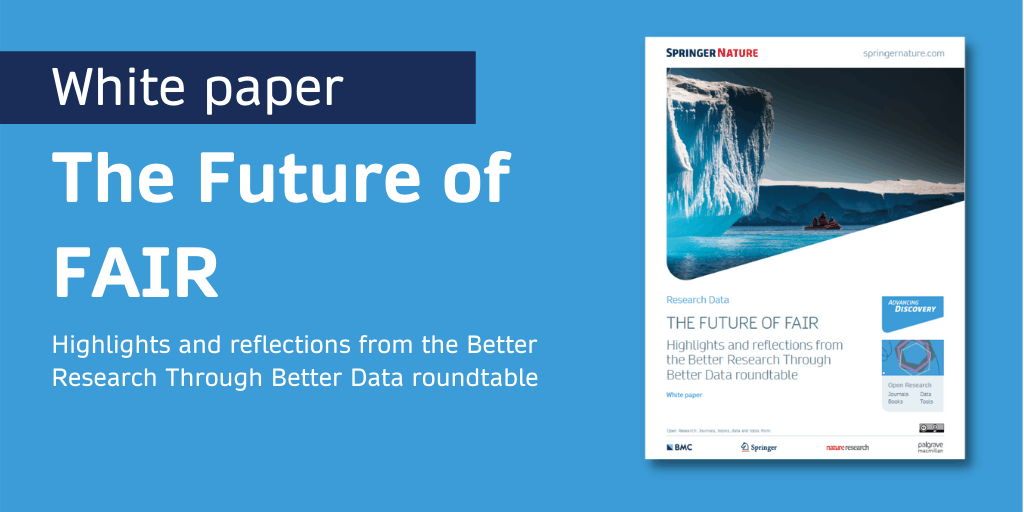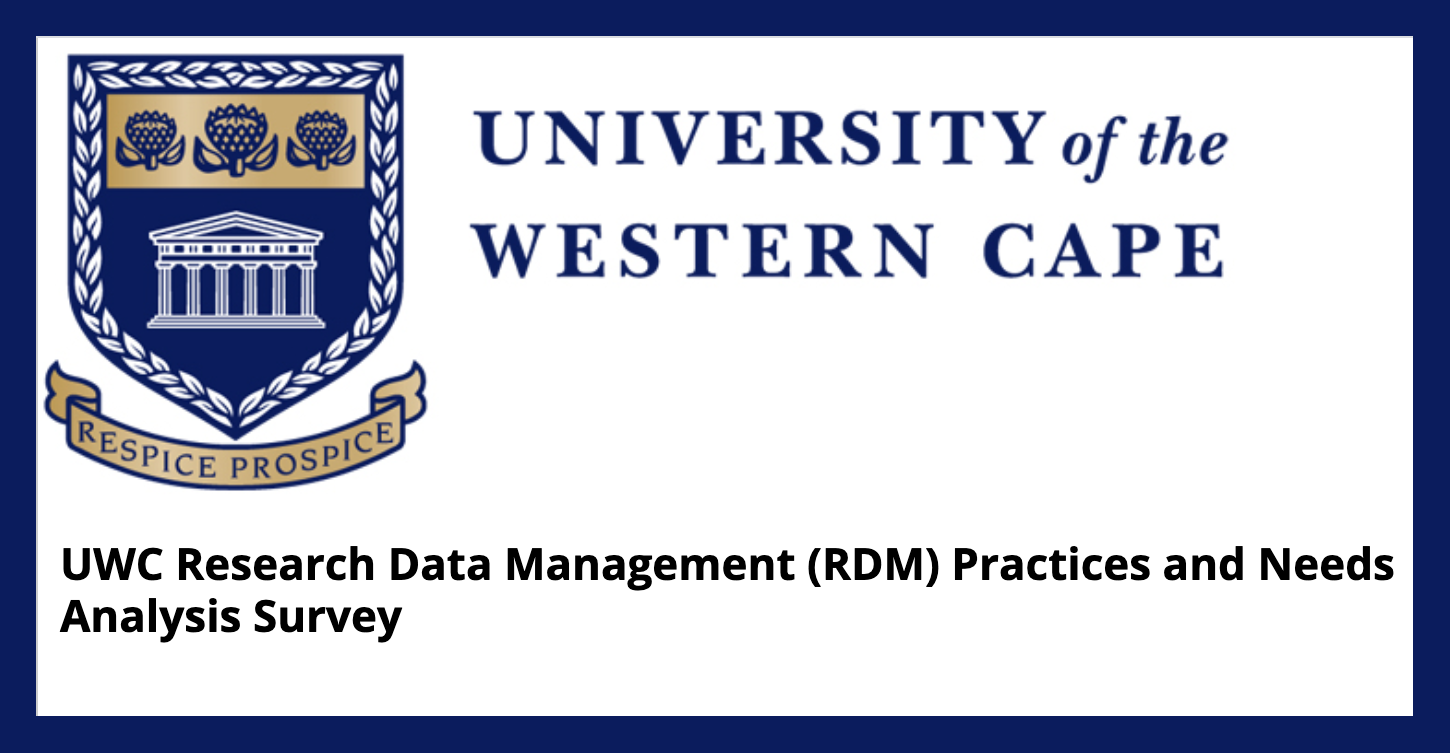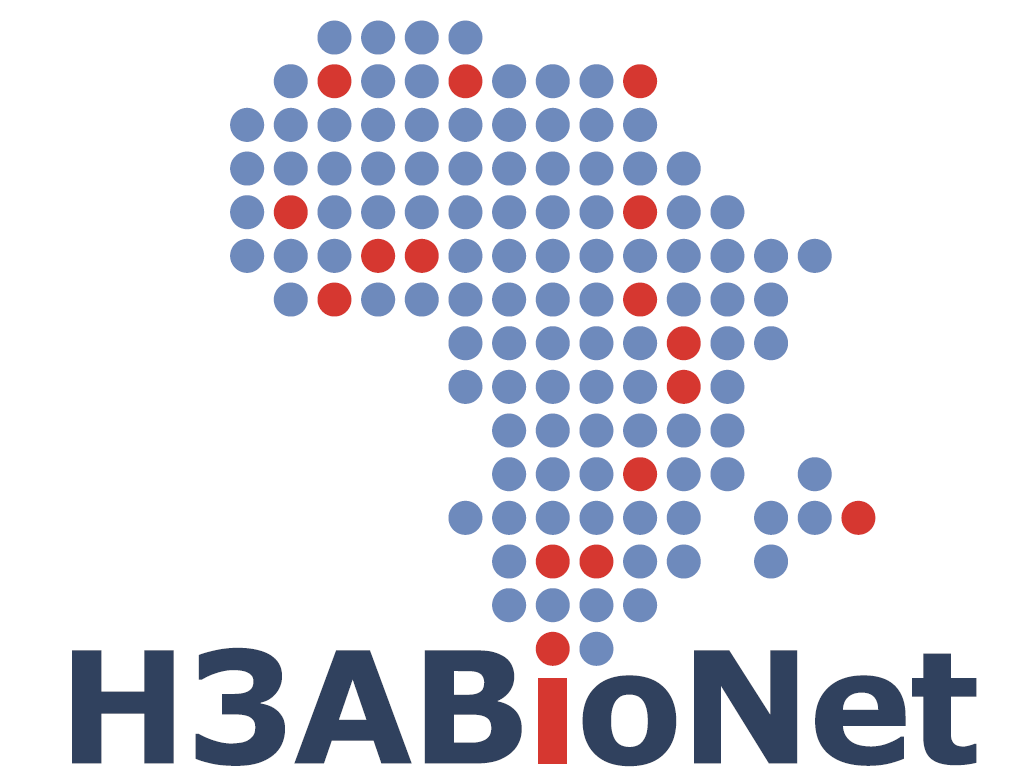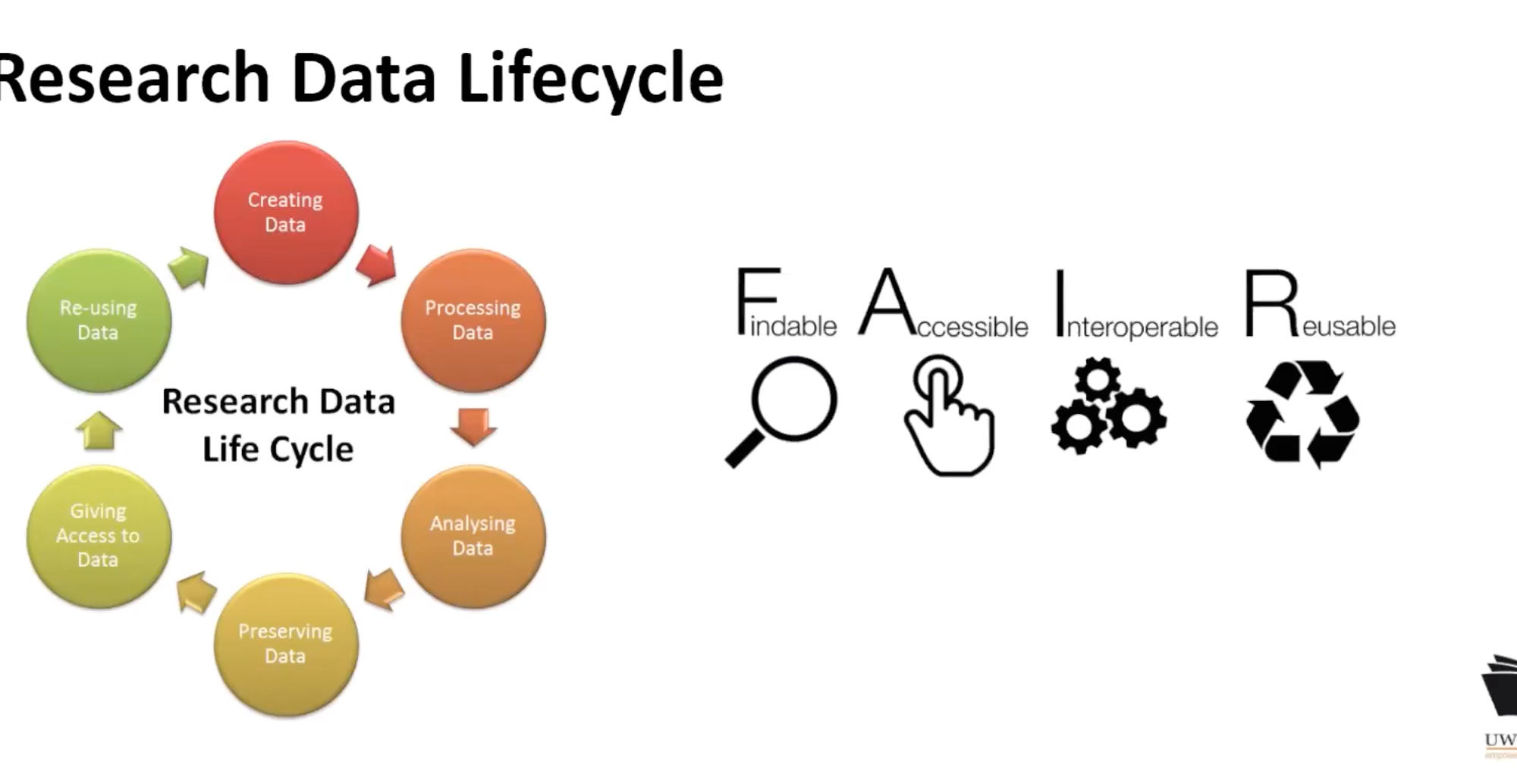UWC Library Services and the eResearch Office have created a short survey to gather information about Research Data Management (RDM) practices and needs at UWC. The aim of this survey is to identify current RDM practices with a view towards establishing data management services and guidance for researcher communities at UWC. All UWC faculty, staff, researchers and students are invited and encouraged to participate.
RDM is the process of organising and documenting data processes (collection, description, curation, archiving and publication) within a research project throughout the research life-cycle. Well-managed data leads to coherent, shareable and reusable research, and practicing good RDM means that researchers can achieve far more efficiency with their data.
The aim of this survey is to establish what kinds of research data you collect, where such data is held, and how it is being managed. The purpose is to identify current RDM practices with a view towards establishing data management services and guidance for researchers at UWC.
Participation is voluntary and no personal information will be requested that might identify individuals. The survey is strictly anonymous, and participants are free to withdraw from the research at any time.
The data will be stored on an internal server in the Kikapu data repository with controlled access. This information will be used to formulate improved institutional procedures for managing and curating research data.
The survey can be accessed at https://redcap.uwc.ac.za/surveys/?s=3D4KWWW8JJ
It will not take longer than 15 minutes to complete, and we kindly ask participants to complete it by May 31st.
If you have any questions or concerns about the research, please feel free to contact us at rdm-support@uwc.ac.za
Please complete the survey.
If there are any questions, please contact rdm-support@uwc.ac.za.
